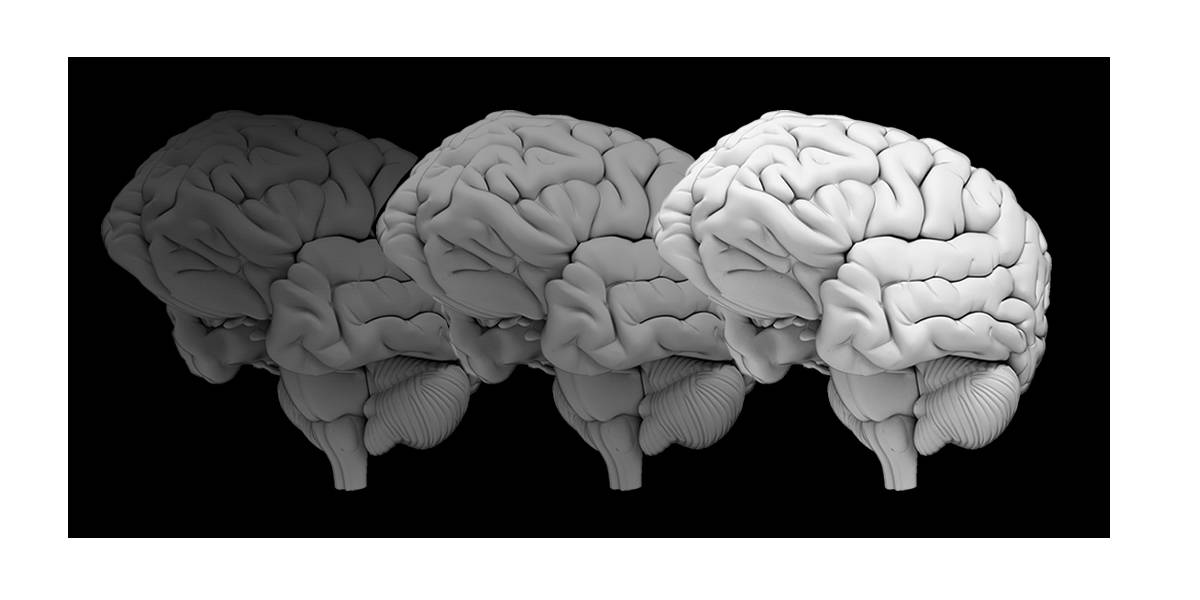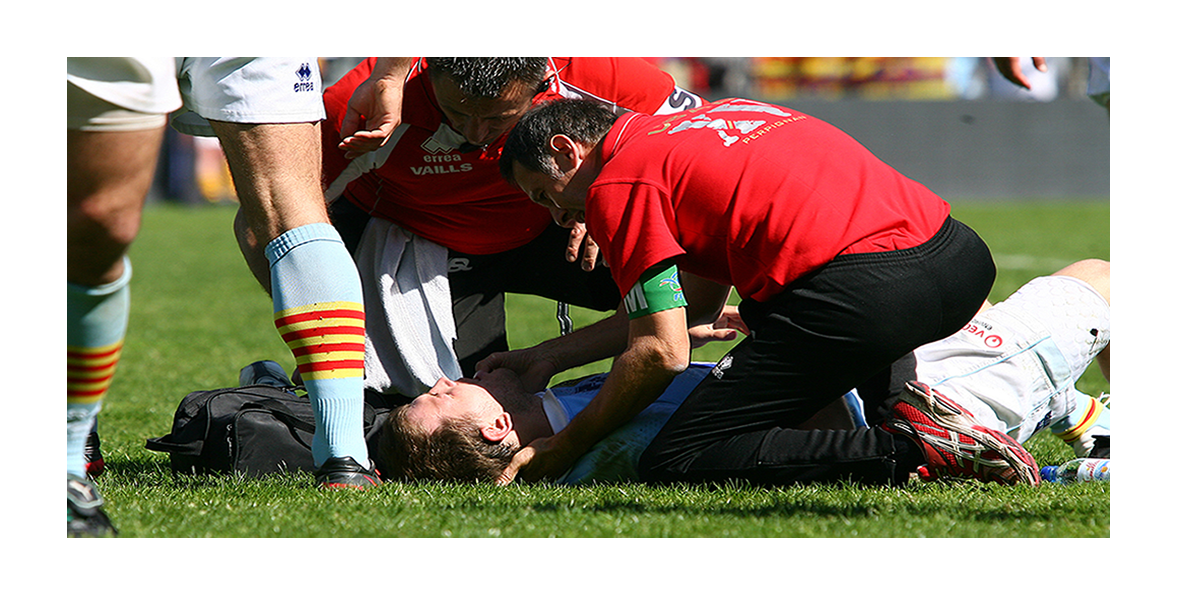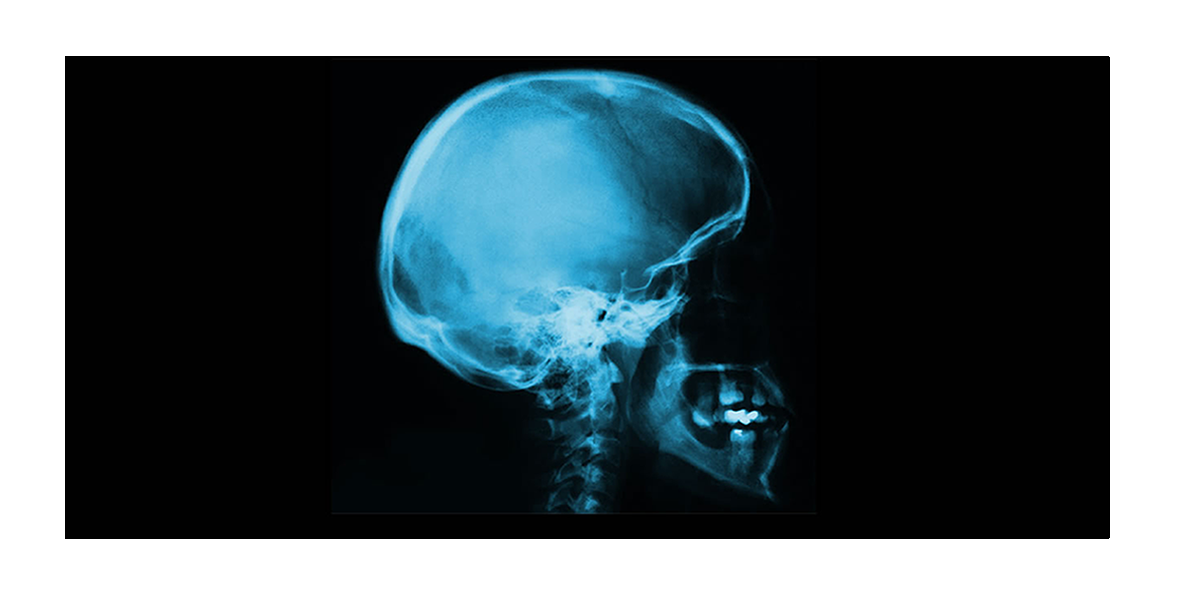Dave Duerson’s Family Says ‘Concussion’ Film Smears Him
The New York Times
Ken Belson
December 16,2015

Omalu, played by Smith, retreats in shock.
According to the Duerson family, that confrontation, and at least one other scene in the film that portrays Duerson as disreputable, did not happen.
“They completely made up stuff,” said Tregg Duerson, whose father was a standout defensive back for the Chicago Bears. He committed suicide in 2011 and was found to have C.T.E., the disease that Omalu diagnosed in some football players after their deaths.
“They needed a villain, someone to take the fall,” Tregg Duerson added, “and he’s not here to defend himself.”
“Concussion,” which is set for wide release on Dec. 25, has been billed not as a documentary but as a “fact-based” accounting of what happened when Omalu’s findings collided with a multibillion-dollar league that was disinclined to illuminate the dangers of repeated brain trauma. The film is based on an article by Jeanne Marie Laskas that appeared in GQ magazine in September 2009.

(Sony Pictures Entertainment, which is releasing the film, allowed The New York Times to see a screening.)
Like many Hollywood films, “Concussion” combines real events with fictional flourishes. For example, the film suggests that Omalu was the first to diagnose chronic traumatic encephalopathy and was the first to refer to it as C.T.E., but neither is true.
The Duerson family is concerned that the film, with major star power and an aggressive marketing campaign, will influence the public’s understanding of the individuals involved in a fraught issue that has jolted the country’s most popular sport.
The film’s director, Peter Landesman, defended it on Wednesday.
“As we were making a feature film and not a documentary, and it’s not a Wikipedia entry, people go to movies not to digest information and data but to have an emotional experience,” Landesman said. “The movie is emotionally and spiritually accurate all the way through.”
Another scene that the Duerson family considers manufactured shows a standoff between Duerson and Andre Waters, a former player whose application for benefits was denied by a retiree board that included Duerson. Waters surprises Duerson outside N.F.L. headquarters, where Duerson dismisses his plea.

“Got a headache?” Duerson asks Waters. “See a doctor.”
In the next scene, a newspaper report notes that Waters committed suicide at 44, seeming to suggest that Waters’s death could have been prevented if Duerson had been more compassionate with a fellow player.
The film’s main aim is to champion Omalu, his groundbreaking research, his efforts to alert the N.F.L. and the league’s efforts to discredit him.
Along the way, some characters are shown in an unflattering light, including league officials, Duerson, and doctors who worked for the N.F.L. Unlike some doctors who supported the N.F.L., Duerson did not work for the league; viewers may misunderstand this because he is shown inside the N.F.L.’s offices.
After Duerson’s death, doctors at Boston University found that he had C.T.E., and his family sued the league, saying it had hidden the dangers of repeated head hits.
Duerson’s N.F.L. career ended in 1993, and he became a successful businessman. He was eventually a player representative on the panel that considered retired players’ claims under the N.F.L.’s disability plan and the 88 Plan, a fund that helps retired players with dementia.






